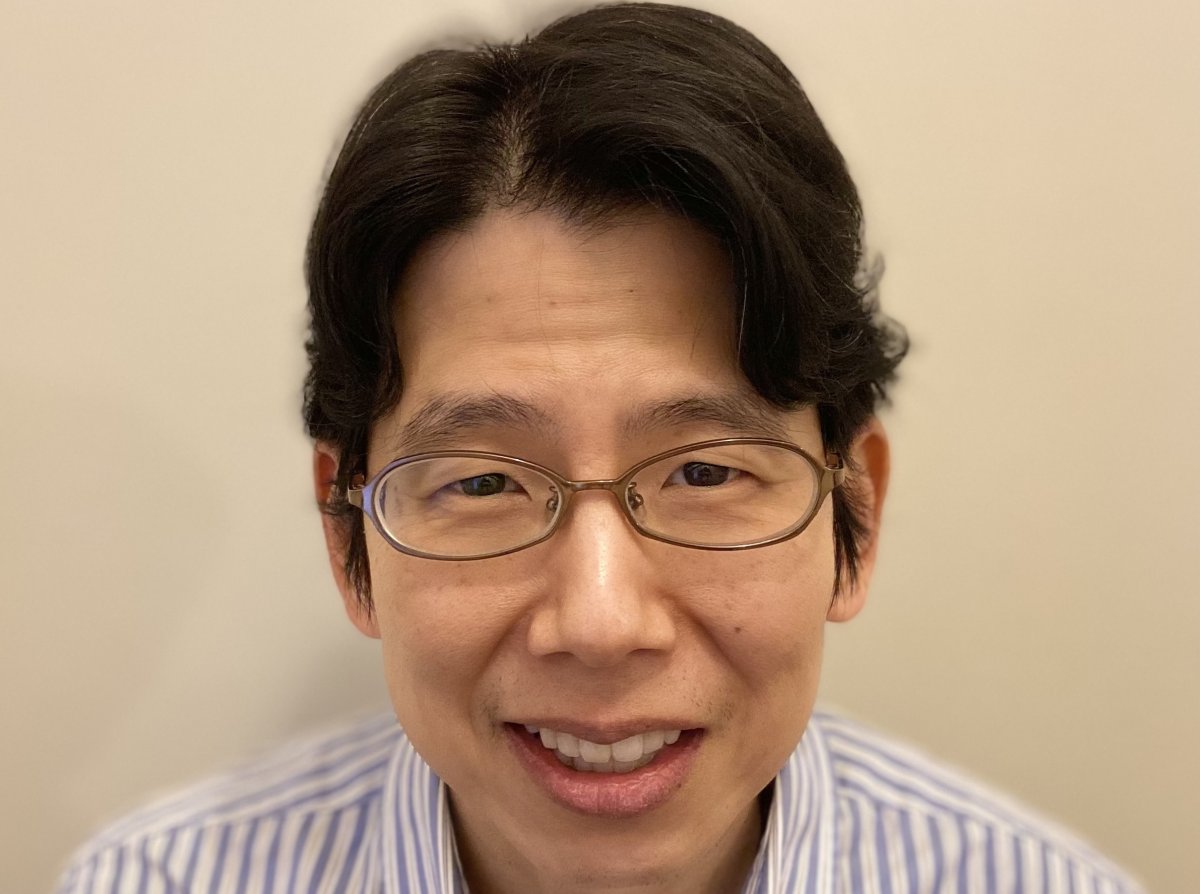Professor Chris Kim recognized as Distinguished McKnight University Professor

Louis John Schnell Professor Chris Kim was recently honored as a Distinguished McKnight University Professor. The award recognizes Kim’s work on quantum-inspired computers for solving computationally intractable problems. The Distinguished McKnight University Professorship program celebrates outstanding faculty members who have recently achieved full professor status.
Kim’s expertise is in the design of microelectronic integrated circuit (IC) or chip technology which is at the core of almost all electronic devices used by individuals and industries, from smartphones to medical devices to data centers. Under his leadership, his team has successfully engaged in applied and exploratory research.
Contributions to applied research
Kim’s work in the area of applied research has had significant positive outcomes on improving critical factors related to chip technology such as energy-efficiency, performance, and security. He is a leading expert on techniques for characterizing transistor aging and reliability. As semiconductor technologies have improved, they have also posed challenges such as excessive heat, an outcome of increased clock speeds and transistor components, often more than 10 billion per chip. Kim’s groundbreaking development of an on-chip sensor called odometer circuit can measure the wear and tear of chips with picosecond resolution. Major companies such as IBM, Intel, Texas Instruments, Qualcomm, and Global Foundries adapted the design, and Kim was honored with the prestigious SRC Technical Excellence Award in 2016.
Hardware security is another area where Kim has made an indelible mark. He is an authority on hardware solutions for the prevention of illegal chip recycling and other malicious tampering attempts. The successful demonstration of a digital fingerprint called soft physical unclonable function (PUF), the first of its kind, was an important contribution that quickly gained traction, and the paper presenting the research won the best paper award at the 2016 ISLPED, a premier conference on low power electronics design.
Another area of applied research where Kim has made his mark is deep neural network hardware. He has been working on a new neural network computation paradigm called “time domain computing,” offered as a light-weight, low-energy, and compact alternative to conventional digital computers.
Contributions to exploratory research
Kim has extensively collaborated with faculty across disciplines at the University and other institutions on materials, fabrication techniques, and circuits for flexible printed electronics. His research team has worked on demonstrations of flexible integrated functions such as memory, computing logic, display, and clock generation using thin-film transistors, and development of computer-assisted design methodologies and physics-based compact models. The first flexible Dynamic Random Access Memory (DRAM) on plastic was presented at the 2009 ISSCC.
In close collaboration with faculty in ECE and other departments at the University, Kim has worked on addressing design challenges for spintronics devices, focusing in particular on comparing the system level power between a spintronics processor versus a conventional CMOS processor. An important contribution that has been a result of his work in this area is the first experimental demonstration of a true random number generator using fabricated magnetic tunnel junction (MTJ) devices.
Most recently, Kim has been actively engaged in the area of quantum-inspired computing. In 2020, his team demonstrated the first ever computer chip to solve optimization problems by emulating quantum properties such as superposition and entanglement in conventional silicon-based technology.
Education and service contributions
As an educator, Kim has graduated 25 Ph.D. students, trained more than 600 M.S. students, and advised undergraduate students through senior honors and senior design projects, Undergraduate Research Opportunities Program (UROP) and National Science Foundation Research Experience for Undergraduates (NSF REU). His doctoral students undergo rigorous training and are highly sought after by both academia and industry. They are leaders in research and innovation at prestigious institutions, and groundbreaking technology companies. The courses he leads in Very Large Scale Integration attract a large number of students to our MS program.
Kim has been consistently involved in diversity, equity, and inclusion efforts at various levels. He has supported women faculty and students establish their academic careers, actively worked to recruit women faculty in the department, and collaborated with newer women faculty on NSF projects. He is currently working alongside Professor Honghong Tinn (woman faculty from the Department of History of Science and Technology) on an education proposal to NSF Advancing Informal STEM Learning (AISL) . The project aims to introduce girls and non-binary students in after-school coding clubs to concepts and tools used in quantum information science and engineering. A curriculum is being developed in partnership with Girls Who Code programs in area schools.
Kim’s high-quality research, groundbreaking contributions to the scientific community and innovations that impact our daily lives, dedication to training and mentoring his students, and DEI efforts within ECE and the University make him an outstanding researcher and educator. He is the recipient of several prestigious external and internal awards, all of which are a testament to his brilliant work: College of Science Engineering Taylor Award for Distinguished Research (2018); the Semiconductor Research Corporation (SRC) Technical Excellence Award (2016); the National Science Foundation (NSF) CAREER award (2009); and the McKnight Land-Grant Professorship Award (2008). The 2022 Distinguished McKnight University Professorship is a fitting honor for Professor Chris Kim.
Prof. Kim earned his Ph.D. in 2004 from Purdue University and subsequently joined our department as an assistant professor, rising to become full Professor in 2015.